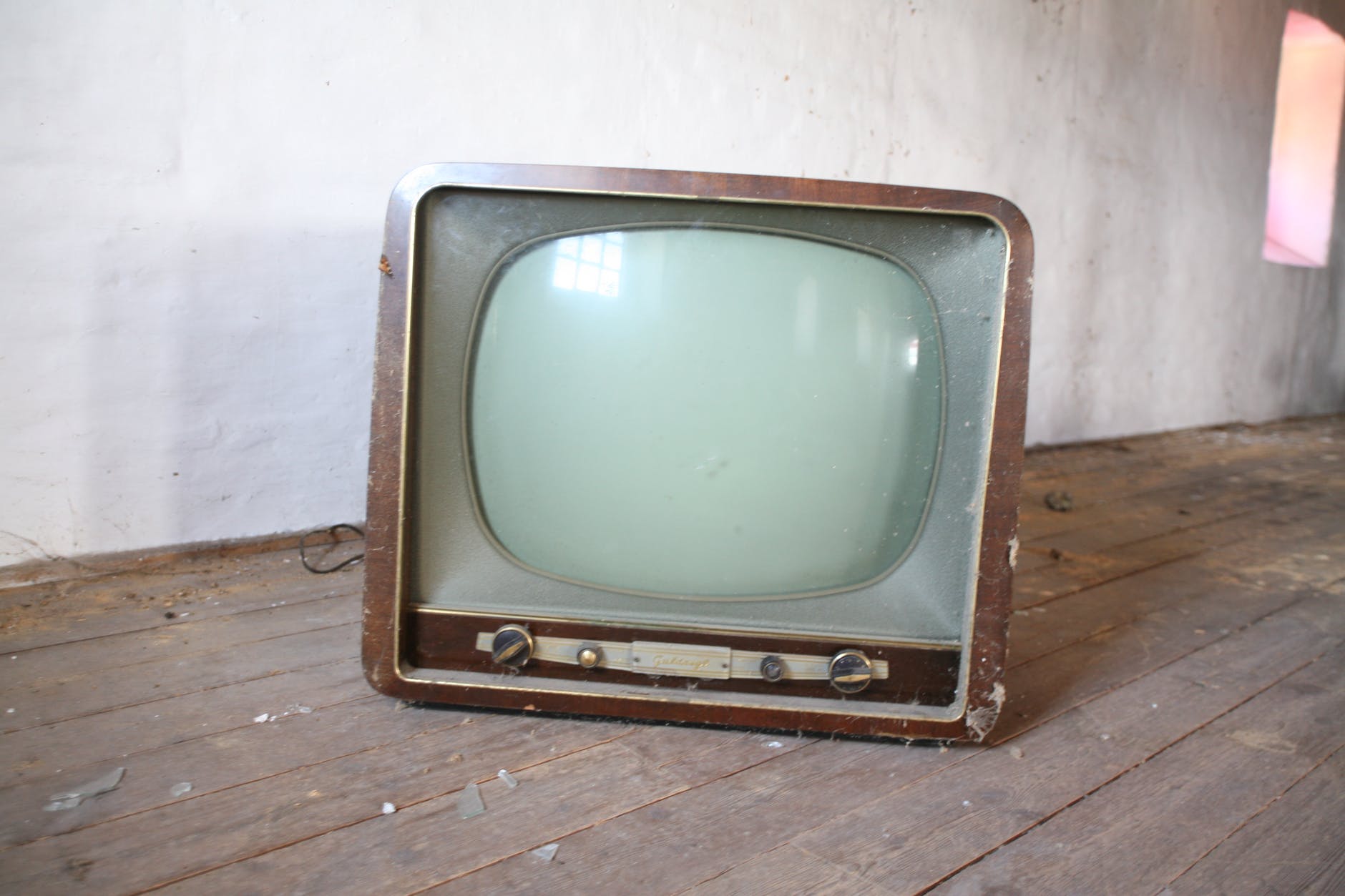It was hard to imagine that True Detective would be such a cultural success when it first appeared in 2014. Even with Woody Harrelson and Matthew McConaughey’s star power, however. It was impossible to have foreseen the Icarus-like downfall that followed its second season. The show went to California and became a confused and aimless mess.
The third season opens with a double-bill. It’s no surprise then that it has a feeling of being back to basics. The center features a hardboiled detective team, Roland West (played by Stephen Dorff) and Wayne Hays (played this time by Mahershala Ali). They are in Arkansas investigating the disappearances of two children riding bikes. This is made more frightening by the presence of creepy, hand-crafted dolls. Ali and Dorff are tough and grizzled men. It’s almost as if Rust cohle has never left.

Season one had two timelines. Season three has three. In 1980, the first case involving the Purcell children is resolved. Hays returns in 1990 to give a deposition amid speculations that the wrong suspect went away. Hays again appears in 2015 as an elderly man with dementia. He gives an interview about the past forty years to a crew of television producers for True Criminal.
It takes a lot of courage to make this happen. All must play a managed 35, 45, and 70. This is brave at an age of 4K/HD. The prosthetics are amazing and effective. But, the most important thing is the fact that this slow drip-feed of information is fascinating enough to last almost half a century. It works, to a certain extent. True Detective is a well-designed show. Even after Cary Fukunaga, the original director, left, True Detective was still a visually striking, if not compelling, Renewed TV Series. It delights in creating a dark, misanthropic world and it is oppressive. It is dreamlike and beautiful to see the timelines cut. Everyone is suspect. However, it does pick its candidates from a list of familiar tropes. This includes the grieving father, the heavy-metal-loving teens, and the pedophile who managed to get his way into volunteering at the local nursery. Hays and West then grab him.

It is impossible to overstate Ali’s importance here. He is remarkable in all eras and does a fantastic impression of a lightsaber. Ali stated in interviews that he initially was offered a role as a supporting actor, but Nic Pizzolatto convinced him to make Hays the main character. This story has been rewritten to benefit all and adds depth.
True Detective, despite its strengths, falls into bad habits. The pace is sluggish by the end of the second episode. It’s not even snappy. The air is filled with self-importance. Anyone averse to speaking up will not be successful. True Criminal’s young female director (Sarah Gadon), who is also an excellent actress in Alias Grace, is a millennial cliché who says: “I’m interested in the intersectionality of the marginalized group within authoritarian or systemic racist structures.” This line seems to be intended for a laugh.
This is a decent, serviceable thriller. It’s not too dark to make the characters seem nefarious, but it’s still gripping enough to keep viewers watching to discover who committed the 1980 crimes and why Hays returns to this case decades later, just like many other TV detectives.